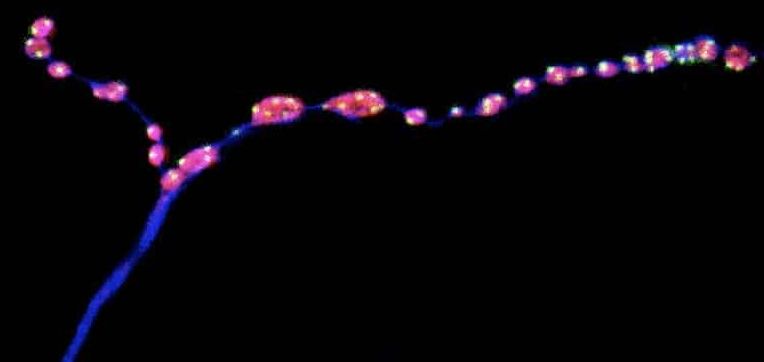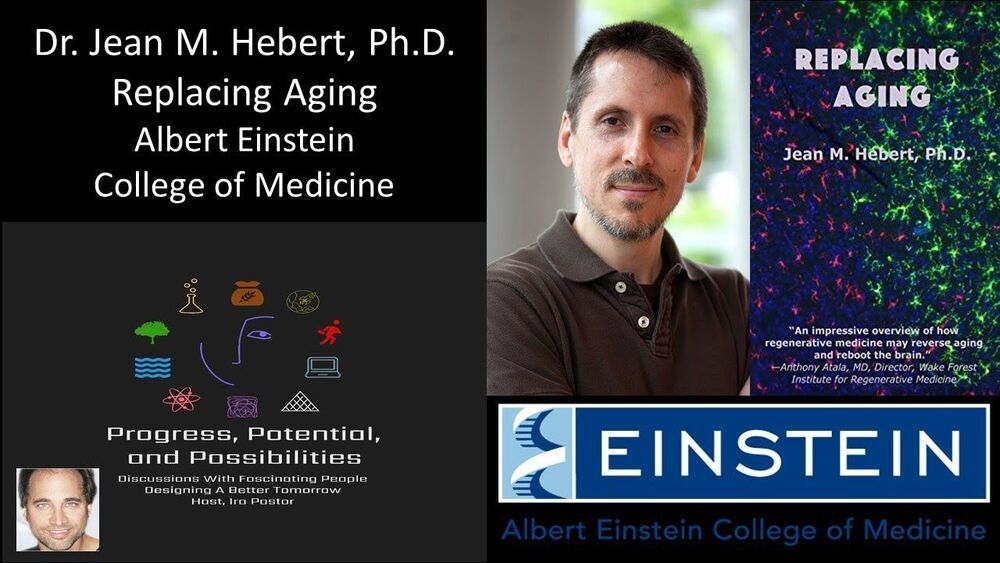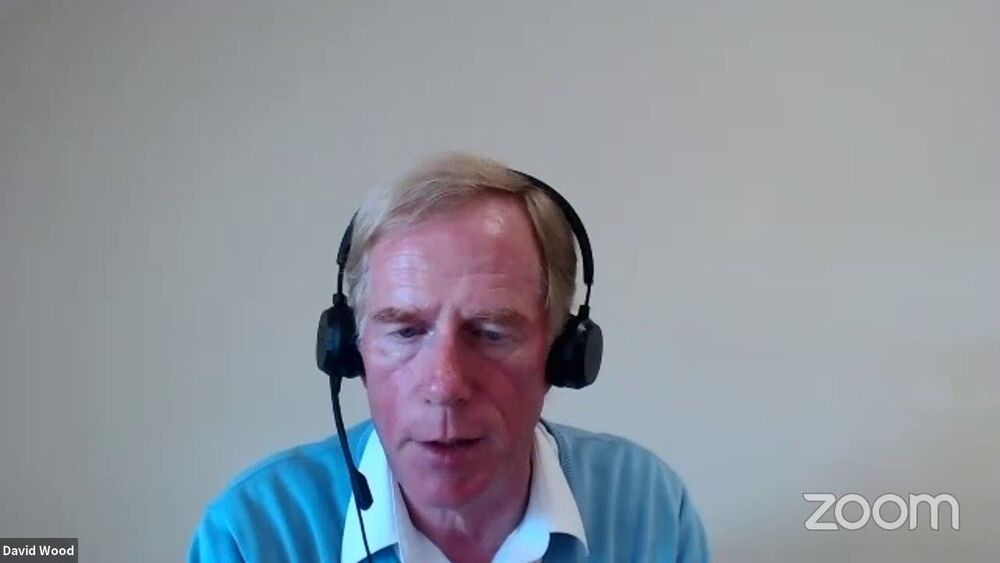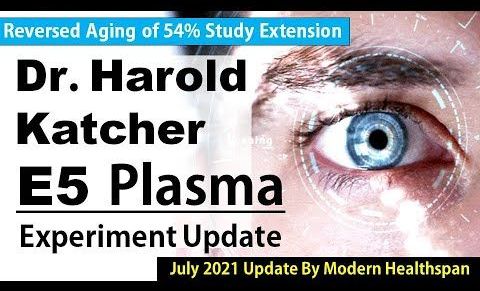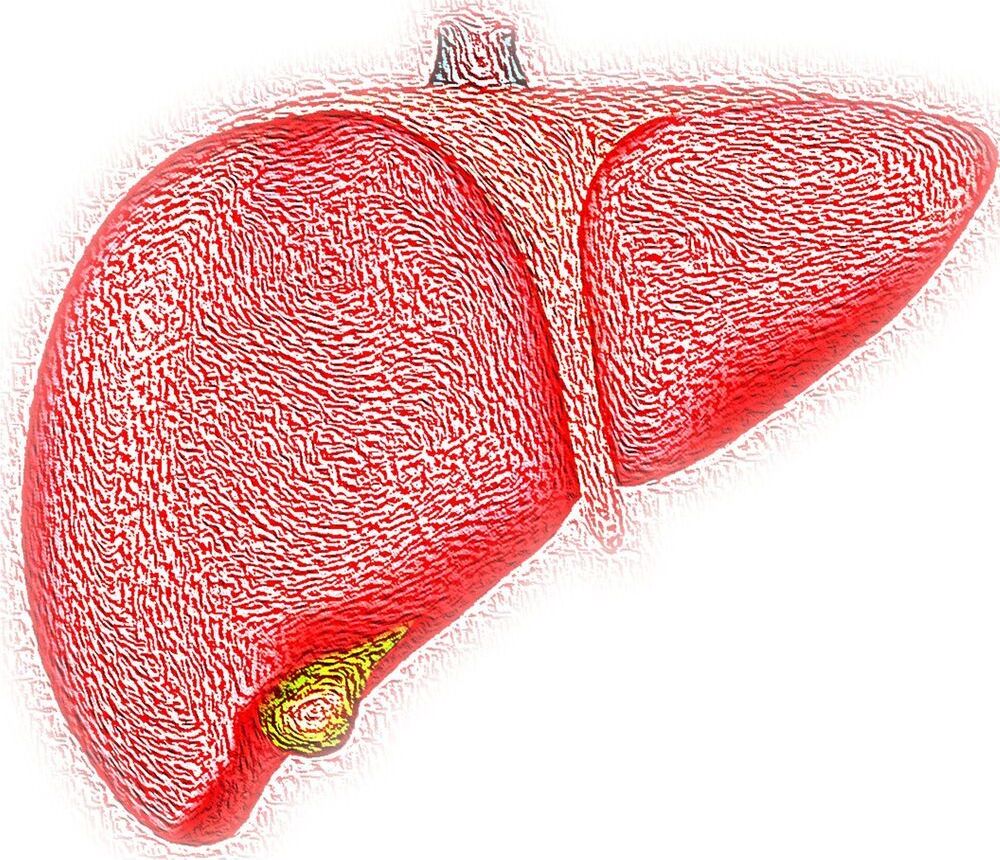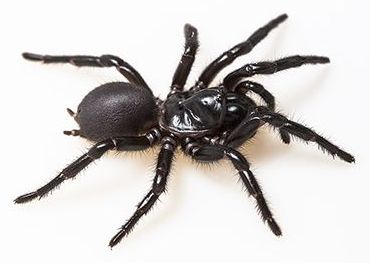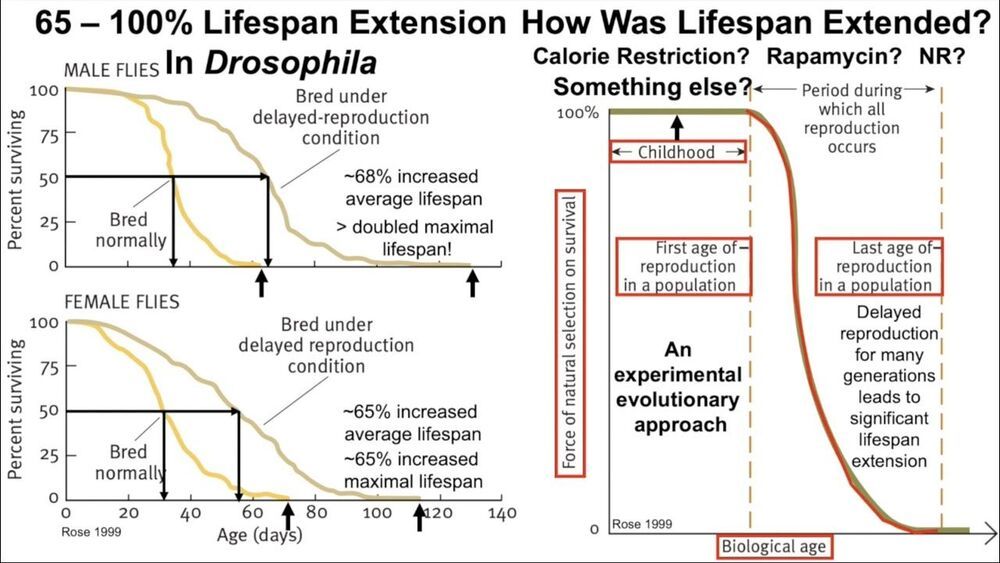Jul 21, 2021
Brain ‘Noise’ Keeps Nerve Connections Young
Posted by Jason Blain in categories: biotech/medical, chemistry, genetics, life extension, neuroscience
The findings, published in Nature Communications, could have important implications for human health: minis have been found at every type of synapse studied so far, and defects in miniature neurotransmission have been linked to range of neurodevelopmental disorders in children. Figuring out how a reduction in miniature neurotransmission changes the structure of synapses, and how that in turn affects behavior, could help to better understand neurodegenerative disorders and other brain conditions.
Summary: Study reveals how miniature release events help to keep neurons intact and preserve motor neuron function in aging insects.
Source: EPFL
Continue reading “Brain ‘Noise’ Keeps Nerve Connections Young” »
